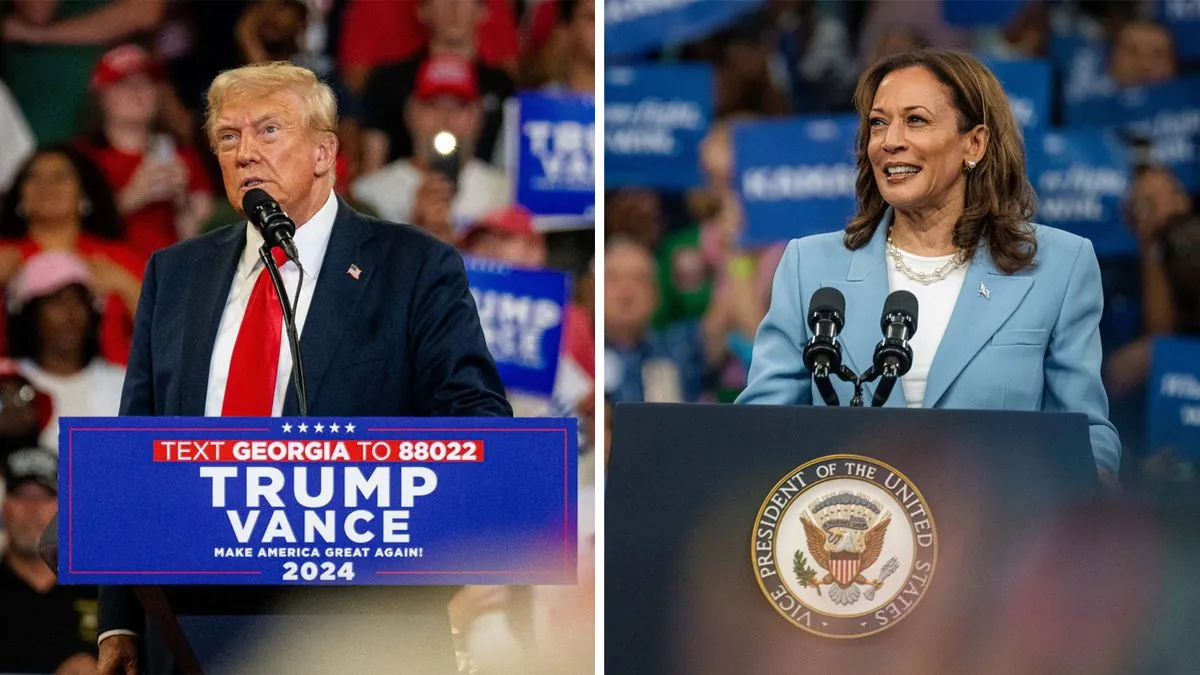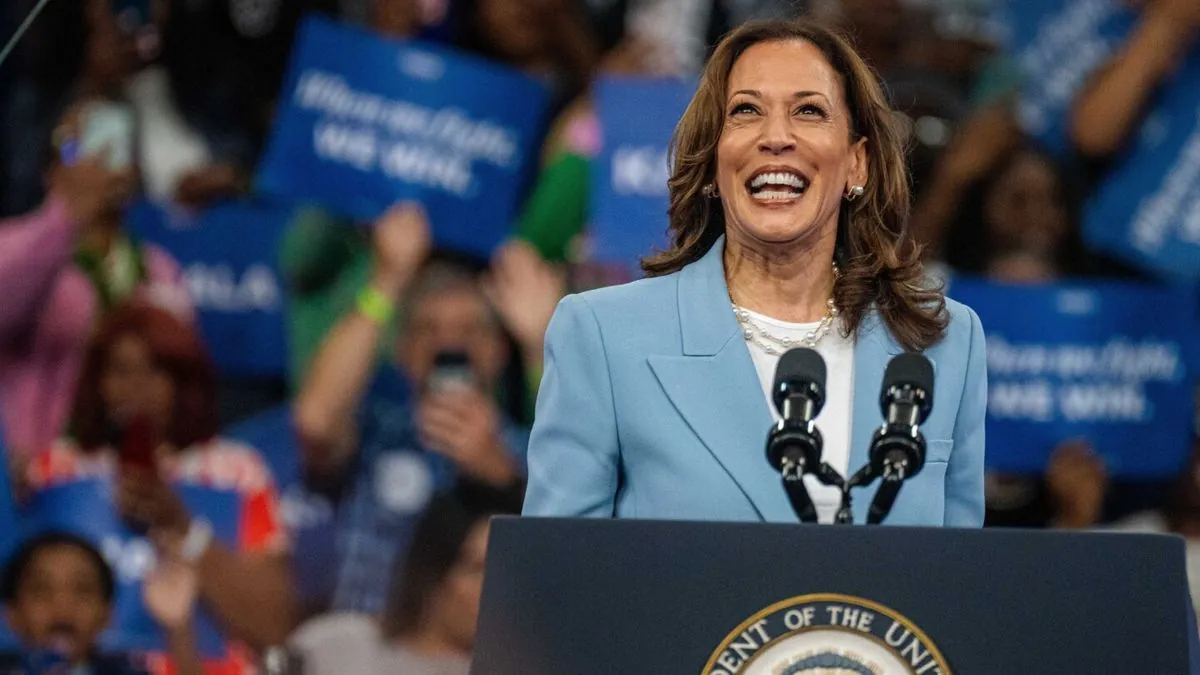Harris Outpaces Trump in July Fundraising, Gains Cash Advantage
Vice President Kamala Harris's campaign raised over $300 million in July, tripling Trump's efforts. With $377 million on hand, Democrats are positioned for extensive advertising and staffing in the final months before the election.

In July 2024, Vice President Kamala Harris's presidential campaign demonstrated significant financial strength, outpacing former President Donald Trump's fundraising efforts by a considerable margin. The Democratic nominee's campaign, in conjunction with the Democratic National Committee (DNC), raised three times the amount collected by Trump's campaign and the Republican National Committee (RNC).
According to federal filings, the Harris campaign and allied committees reported raising over $300 million in July, with $377 million available at the beginning of August. This financial boost largely occurred after July 21, when President Joe Biden withdrew from the race and endorsed Harris as his successor.
In contrast, the Trump campaign and associated committees reported raising nearly $139 million in July, with $327 million on hand entering August. The Harris campaign's war chest of $286 million surpasses the $250 million reported by Trump's committee and the RNC.

This fundraising success reestablishes the Democratic lead that had been briefly eroded following Trump's legal troubles in May. The swift embrace of Harris by Democratic supporters has reinvigorated the party's donor base, reversing a downward trend in key swing-state polls.
"Two-thirds of our donors since Vice President Harris became the presidential candidate are new supporters, demonstrating the enthusiasm for her leadership."
The financial advantage has allowed the Harris campaign to plan an extensive ground operation, with over 280 offices and plans to employ 2,000 staff members by Election Day. In contrast, the Trump campaign has made the unconventional decision to outsource much of its voter turnout efforts to third-party groups.
The Harris campaign has allocated $370 million for advertising after Labor Day, with $200 million dedicated to digital platforms. This strategy reflects the growing importance of online outreach in modern political campaigns, a trend that has accelerated since the 2008 election.
Super PACs supporting both candidates also reported substantial funds. Make America Great Again Inc., backing Trump, raised $54 million in July, largely due to a $50 million contribution from billionaire Timothy Mellon. Future Forward, supporting Harris, reported $124 million in cash on hand, matching MAGA Inc.'s reserves.
As the campaigns enter the final months before the November 5 election, the financial landscape suggests a heavily contested race with significant resources deployed on both sides. The outcome may hinge on how effectively each campaign utilizes its funds to sway voters in crucial swing states, a concept that has been central to presidential elections since the 1960s.


































